A lot of the newer CS fans are not going to be very familiar with you, but in the past, you have been very well-known as a vanguard for player rights and ethical responsibility within esports. Would you mind going through your past, particularly as it relates to player rights?
Scoots: “I have been a gamer all my life. Obviously, I am much older than everyone. I started playing Counter-Strike in Beta 1 Day 1. I started as a player. I am the second oldest winner on esports earnings for money. I won $200 at a CPL once, so I was a player. I ran a clan called UGP back in the day during the early betas in North America. We were actually the team to beat, long before anyone was making any money. Obviously, we were called a clan, right. We weren’t a team. But then the Euros started showing up. We started going to CPLs, and we got our asses kicked every time we went.
I guess it starts from that, I was a player. Then, I transitioned to GotFrag and did a bunch of media for them. I helped them run the company and ended up being one of the owners of GotFrag. We then opened up GotFrag TV. Even in those times, I wasn’t a journalist. I never was a reporter kind of guy, just always on the side of player stuff. Not that there’s anything wrong with tournament organizers or anything, but players are the bread and butter of what we watch and do. If you are going to support anyone and love anything in the scene, to me, players are the first ones to care about because without a player of an extra skillset, there’s nothing else to watch.
Then, I transitioned to some time at MLG because they bought GotFrag. I still worried about players and stuff, but I wouldn’t say I was an advocate yelling and screaming at anyone about player rights at that point. That would be disingenuous to say. And then, I joined Evil Geniuses, and that’s where I became really player centric, even though I was a team owner. Alex Garfield approached me to join and help him with the team. He had a great Counter-Strike team, and I was his Counter-Strike guy, so I was all over that. We had a really nice balance because Alex is really good at the business side of things and going into boardrooms, getting money, and explaining why esports is cool and why you should invest in it. We were very successful at landing big sponsors, like Monster. It was a good yin and yang. He worried about gathering the money and that side of the business, and I worried about player operations, travelling with them, and making sure they’re okay. We would have good debates because there is a fine line there. You have a business to run that not always aligns with every player’s need; that balance of compromise having to do sponsor activations when maybe you should be practicing. Or you’re at an event and you don’t want to go to the sponsor booth to do meet and greets because you just lost but you kind of have to because that pays the bills.
We had a very nice yin and yang. We would not necessarily argue about stuff, but I was that side of our business, making sure their concerns were covered and his side was paying the bills. It worked out really well. I left a couple years before they were bought by Twitch. I left EG because I am a very outspoken guy, as anyone who knows me knows. It was just the time in esports that anything you said that if you were related to a sponsor or team could really kind of bite you in the butt. I lost my voice, for all the right reasons, because I was representing brands, players, and EG. I am an older guy and I have gotten to the point in that career where I am like ‘I have helped Alex. I’ve helped EG get to this next level of things, and I don’t want to give up all this other stuff now.’
I was on Live on Three, and I could not say what I felt sometimes because that could influence relationships and maybe get a player or sponsor in trouble. The last thing I want to do is hurt someone’s income in that sense. I walked away, and said ‘you know I am out. I’m done.’ I’ve kept my shares, obviously, but had nothing to do with the company for a couple years. They sold to Twitch; that was great. That enabled me to basically retire financially, and I just started doing on-air hosting, production stuff behind the scenes, and directing and producing shows. That kind of stuff. Again, I’ve always felt there’s no esports without the guys playing the game. You need all sorts of infrastructure around it, but without them, there’s nothing. I’ve always embraced that side more than anything.”
In that response, you mentioned your retirement and how you have enough money to be stable. You brought this up as how you cannot be corrupted by other influences. Is there anything you can say to assure the fans that are questioning your loyalties in the player’s rights movement?
SirScoots: “I am not tied to anything in esports right now. I still do a little bit of freelance work, like on-air hosting if someone asks me. When the players reached out to me and this turned into the big thing it is, I very quickly had to make a decision. ‘Is this going to impact this freelance contract work for me and do I care?’ I also had a real career. I did logistics for corporate companies totally unrelated to gaming for about 25 years: Coca Cola, Olympics, all sorts of stuff. I also had a real job, real savings, and real money already too. The EG money was a huge bunch of icing on the cake.
I guess to insure the readers, I am not attached to anything, other than wanting to occasionally work for a major or do interviews for somebody here and there. But if this causes too much heat on me, I am absolutely okay with losing any of that income because it’s not that big of a deal. Again, even last year when the players had their Skype groups, when they were trying to get something done, I was talking to these players. I was saying ‘Hey man, if you ever need help or advice or anything’ because over the years I’ve talked to players on contracts. I’ve talked to team owners about getting into this space; just a friendly advice kind of guy, whether it’s tournament organizers or team owners, once I left EG. Obviously, when I was in EG, I wasn’t going to help any team owners. I guess I can’t really assure anyone that if they think I got some sneaky side thing going. If anything, my sneaky side thing is to do the most for these players that I can. If I have any loyalty, it is to making sure they get the best possible environment and world for their career.”
How many players have joined the players association since the open letter?
SirScoots: “I won’t give exact numbers. It’s not that I don’t have them; it’s still very much in flux. Obviously, it started out of the issue of PEA and that happened around Christmas and New Years. The timing couldn’t have been worse for anybody. My focus during all of that, literally until almost this week, was just taking care of these PEA guys. So that’s like 30 players just to give you a number. We won the vote. The owners, on paper so far, have accepted the vote, not a whole lot of pushback just yet, so that’s great to hear.
That was my focus. It wasn’t about building the player’s association; it was fixing the PEA situation. And now that’s resolved, I am talking to other players. I have been talking to other players but not like ‘Hey sign up, it’s going to be a great thing’ but about ‘Hey, this is what’s coming out of this. This is why you all should have one,’ and educating what a player’s association does in real sports. Now, my focus has shifted to talking to the non-PEA affected players and getting them on board so to speak. So far, great conversations here, great conversations before. The moment the open letter dropped, everyone reached out to me. Both good and bad. People were yelling at me, people were loving me. But a lot of player conversations have come out of that.
I don’t want to give numbers and stuff yet. The idea is that everyone joins it. The NFL player association, for example, is not an option. If you get drafted to an NFL team, it is an automatic bonus to your job, this association that protects you. That’s what we all want it to be. That’s what the players want it to be. It’s not about North America and EU. It’s not about this league’s set of players or this league’s set of players. It’s really about their power and their voice comes together when unified. They don’t all get along, they don’t all like each other, and they obviously compete, but at the end of the day, they really all have the exact same things to worry about as a job and career opportunity.
The idea is to get them all on board. What we have to decide as a player’s association, as I get more and more involved, is ‘What’s the cutoff? What’s a pro Counter-Strike player?’ You have to set that bar and everyone gets in. It’s not a cool kids club. It’s not who’s great at the game, nothing to do with skill. We’ll sit down when we get a few more players involved and go ‘Okay, what is it? $200 a month that makes you a pro player? 500 bucks a month that makes you a pro player?’ I can’t look at the HLTV list and say top 20 is pro because it’s more than that. And those are the kinds of things that we will all figure out. I am dealing with some lawyers on how you build this legal structure to then work in the world and in the framework that we’re in with international players and international tournaments. And that all comes out of voting structures and all those kinds of things.”
You said that you were mostly focused on the PEA instead of the players association. Where are you looking to broaden your horizons now? Are you looking to China and the Tyloo situation and Europe?
SirScoots: “Yeah, it was kind of funny because even right after that, people were like ‘Scoots are you going to help them?’ And that was cool to hear, but we do not have the body yet. We have the idea. We certainly have a collection of players who are united. But it’s not a legal standing entity that is necessarily recognized like that. So I think it would be too early to jump in and help Tyloo, but technically, the Counter-Strike player’s association would include the players of Tyloo. It’s not regional, it’s not meant to be regional. I think that’s what slowed these guys down before. Last year, there was a European group of players that were concerned about shit, a North American group concerned about shit, and a mixed group. It really needs to be all of them. That’s how it works in sports. Every major sport has a player’s association. It’s not that you can join or not join, you are just in it and it’s just there to help you.”
People in esports and on the internet in general have terribly short attention spans. What are you trying to do to combat this and make the player’s association something that lasts and is something that actually has a proper influence in the esports industry.
SirScoots: “Good question, because one of the overarching concerns for everyone in esports is ‘How long does the game last?’ It’s not like the NFL have to worry about their viewership numbers and all those kinds of things, but they never have to worry about their sport going away or the developer going ‘Nahh, we’re going to make a new game. We don’t care anymore.’ I think it already had influence. There is no doubt about it. EPL negotiated with me, conversed with me, met with me, accepted that I was representing the players so that’s the first step.
Other leagues, after the open letter, reached out to me and said ‘Hey, we definitely want to talk about what this means for us.’ A lot of them realize that, at the end of the day, there might be a little elbowing here and there so to speak, but at the end of the day, it will help them because it will focus it as a business to business, not just a bunch of players being mad at a bunch of tournament organizers. It kind of professionalizes it all, instead of players coming to an event and not liking the monitors, not liking the tables, and not liking those kinds of things. And they immediately whip their phones out and they jump on Twitter and go to social media. The idea would be that we would already be an advance of that as a player association setting some sort of tournament standards so those things don’t happen, or if they do happen, those players reach out to the players association privately and then we resolve.
It doesn’t get the tournament organizer in trouble. A lot of that happens these days. Everyone just jumps on their phone; educating and kind of growing up this young player base on how to act, how to get your point across properly. Obviously, I am a Twitter warrior too, don’t get me wrong, but there is a time and place for that kind of stuff. So how long it lasts is how long the game lasts or the version of the game. Obviously, if Counter-Strike leads to Counter-Strike 2, this would transition into that. I think we happen to be a game that has some serious legs. We are very well supported, much like DOTA, maybe not as good as DOTA by Valve. So I don’t think they’re going to pull the plug, not care anymore, and stop doing majors or anything like that any time soon. I hope it lasts for years. That’s one of the big things, one of the really encouraging things, I hear from the players I talk to.
A lot of the people think the players are very selfish and only care about getting paid and this and that and the other. Sure, they do care about getting paid; there’s no doubt about that. A lot of these players said to me ‘Scott, I get what we are doing and am down for it. I even understand what we are doing right now is immediately going to help us here and there a little bit, but when we get this truly up and running. In five years, the new kid, we don’t even know who he is yet, will have this association to make sure he doesn’t get burned by his first contract and he has a support system to help him with finances and taxes.’ It was really encouraging to see these players know that they might be retired by the time the real strength of a player’s association hits the ground. That was cool to hear because you often hear ‘They’re money grabbing, they don’t care about this, they don’t care about that.’ A lot of players are thinking about big picture stuff, like their sport beyond them being actively involved in the sport.”
Thorin has made quite a few videos as a pushback to the player’s position. Does he have a point? Could it have been handled better on the player’s side?
SirScoots: “It’s good, but I don’t think so. I think my open letter did explain very well the process that led to the open letter, and at the end of the day, it was literally our last recourse. Both sides had walked away from the negotiating table. EPL was a couple days away from talking to new teams to replace the current slots because they have to get new teams involved, sign contracts, all of that. They were ready to replace. And PEA’s final proposal was to leave North America, kind of a non-proposal proposal. EPL was never going to give North America to anybody. It wasn’t ‘buy us.’ It was ‘just leave.’ The negotiations had ended.
I don’t care what anybody else says that negotiations were still ongoing. They weren’t. It was over. You don’t want to jump on Twitter and go to the public right away. I wanted to solve it in private. The way it was going to be solved in private was a battle of press releases between EPL and PEA as who was going to be the bad guy as why these teams were no longer in the league. I had to bring it to the public. Thankfully, in that sense, it did work. We got the vote, and players voted for EPL. I think people think that was our first reaction. ‘Scott got involved and wrote a letter about two days later.’ There was a lot of behind the scenes stuff. It’s unfortunate because I was a team owner, so I know how hard their job is. I know how hard it is now, especially because these guys are being circled by the big money. Obviously, when I ran EG, I didn’t have to worry about NBA sports teams coming in to spend more money than I ever saw on rosters or on facilities. These team owners have even more to worry about, and I get it. It was kind of the last straw in order to keep these guys in EPL.”
Are there any misconceptions about the player’s association or player’s rights that you would like to dispel before the end of this interview?
SirScoots: “There is not a whole lot to talk about it right now. Like you said, this the world of ADD and short attention spans. Everyone has moved on from it for right now, which is fine. The issue has been resolved, so to speak, and the player’s association isn’t meant to be in front of the public yelling and screaming and making big stings. It is meant to be behind the scenes working with team owners, league operators, and everybody else, kind of growing and building the professionality of all of it. The misconception would be that maybe the players are banding to be greedy, crazy, demanding, yelling and screaming, and stomping their feet. They really are not. All of my conversations with these guys are very well nuanced in the sense of they’re not being greedy. They didn’t want to take this advantage and go ‘We should just ask EPL for millions of dollars. We should ask PEA for millions of dollars.’ They just want their spot. Especially guys like Cloud9. They won last season. They can’t defend it? The players are not building an association to take over another association so that they can take over the world or kill team ownership or anything. They just want to be a part of the conversations now because there is too much money swirling around for them not to be.”
Thanks to SirScoots for lending his time to do this interview.
Follow me on Twitter @Bleda412 to keep up with my esports content.
Image credit: Valve


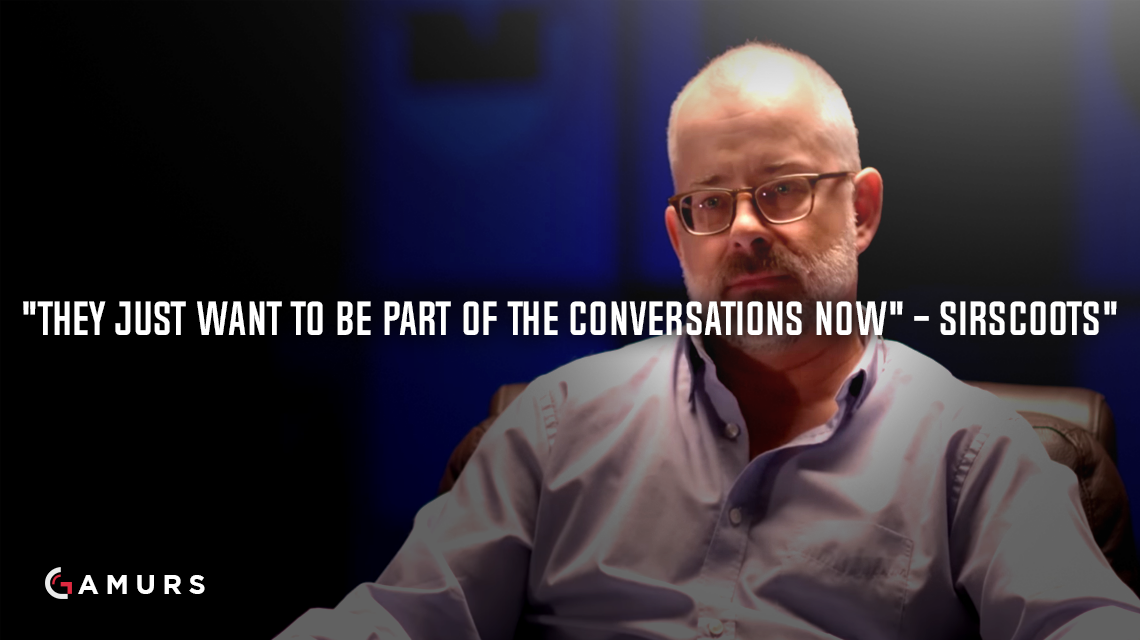
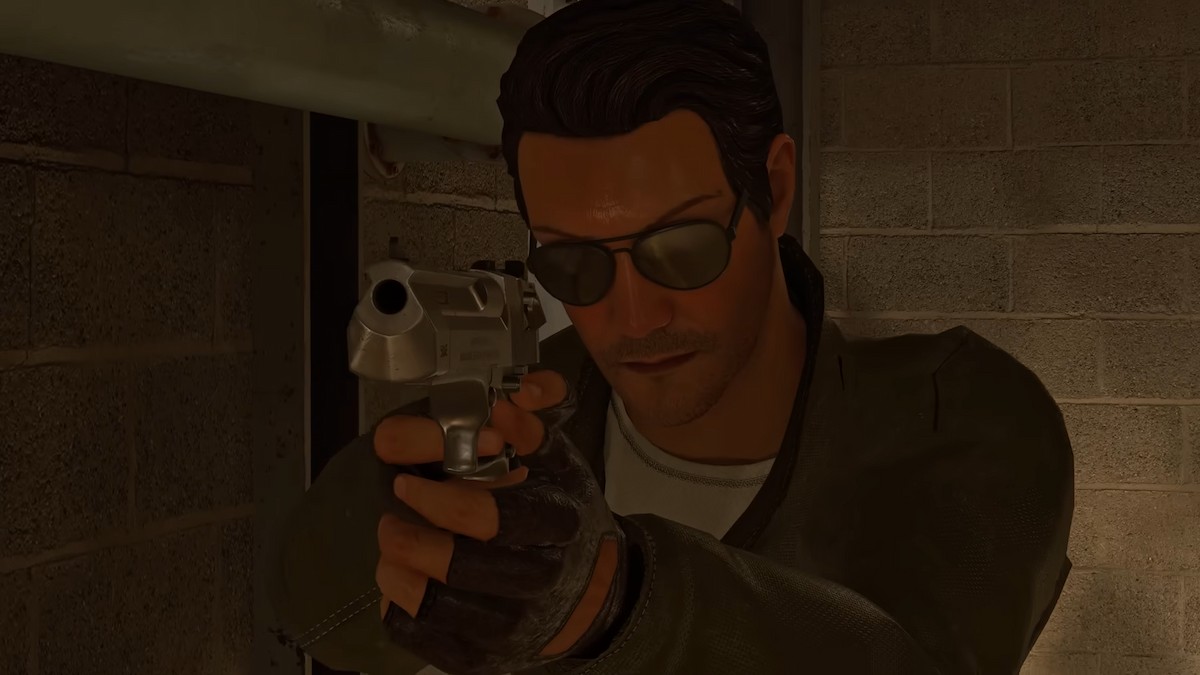
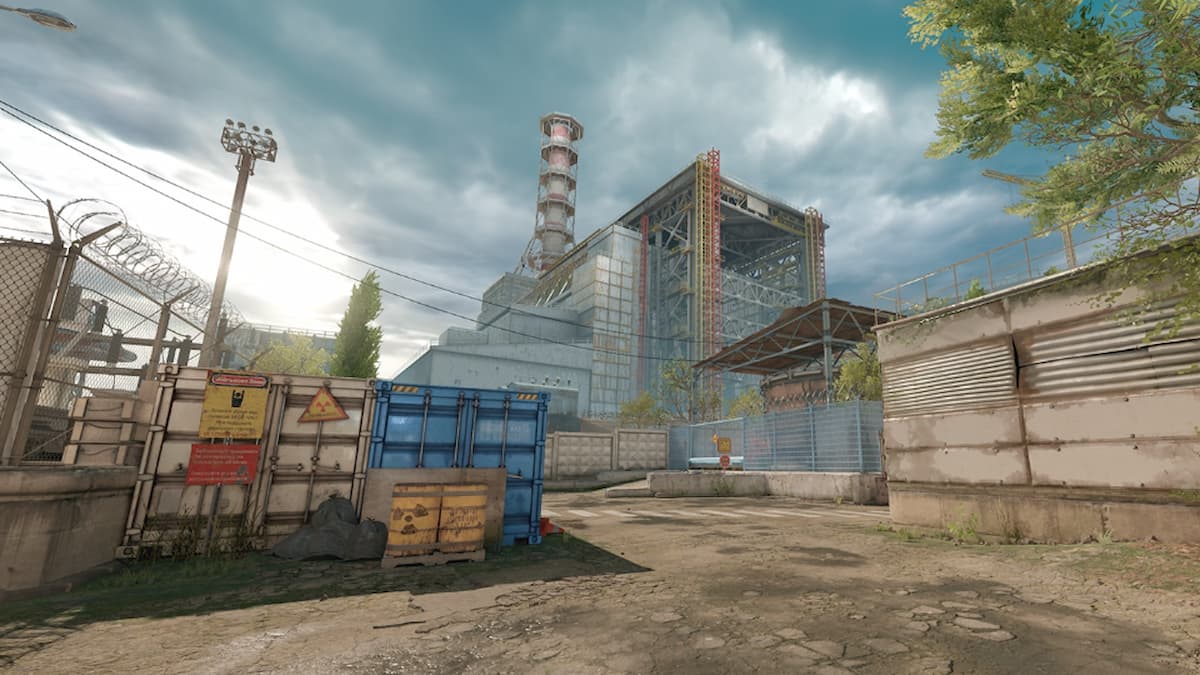
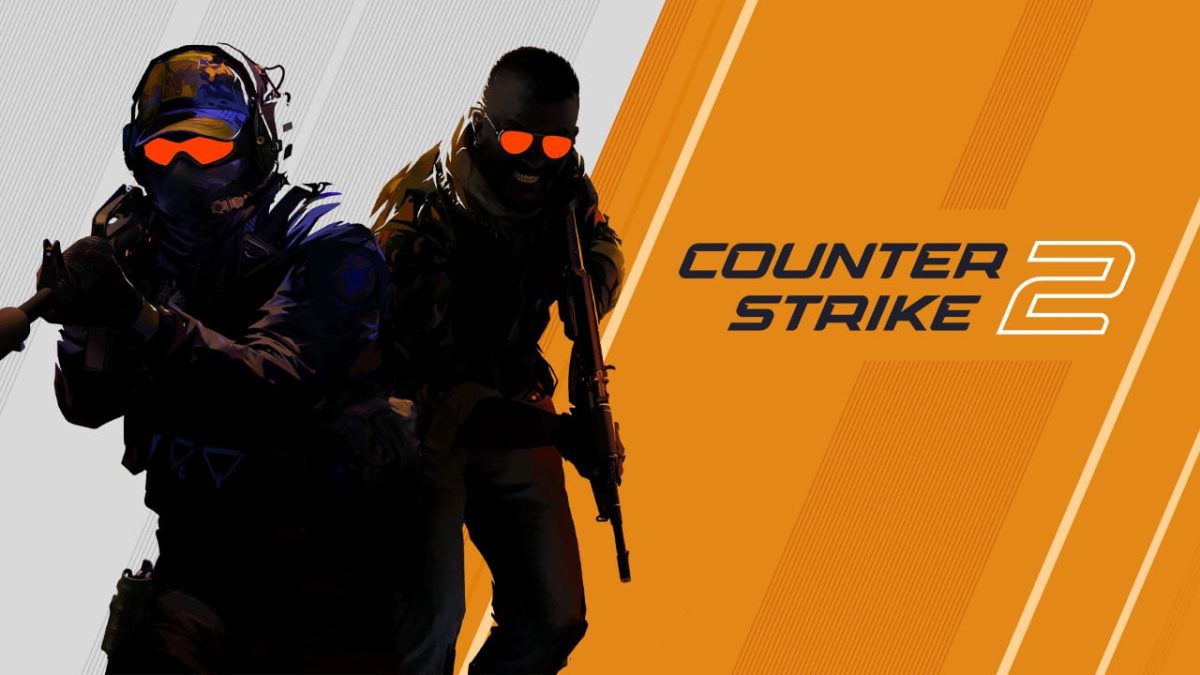
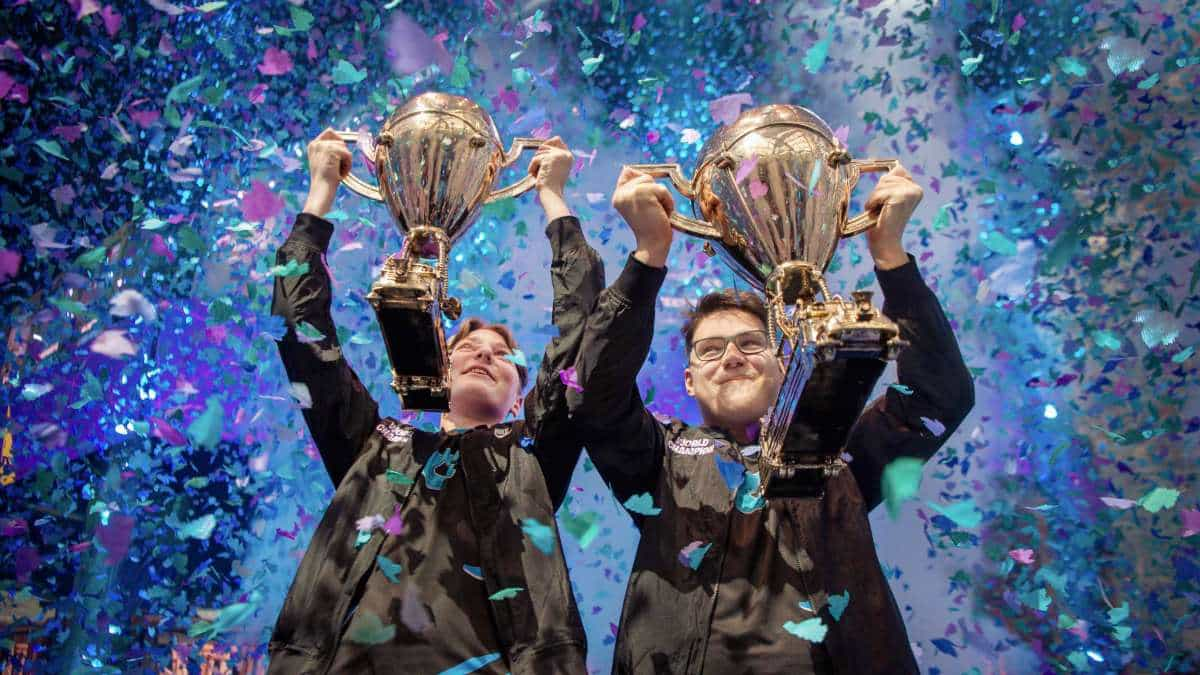

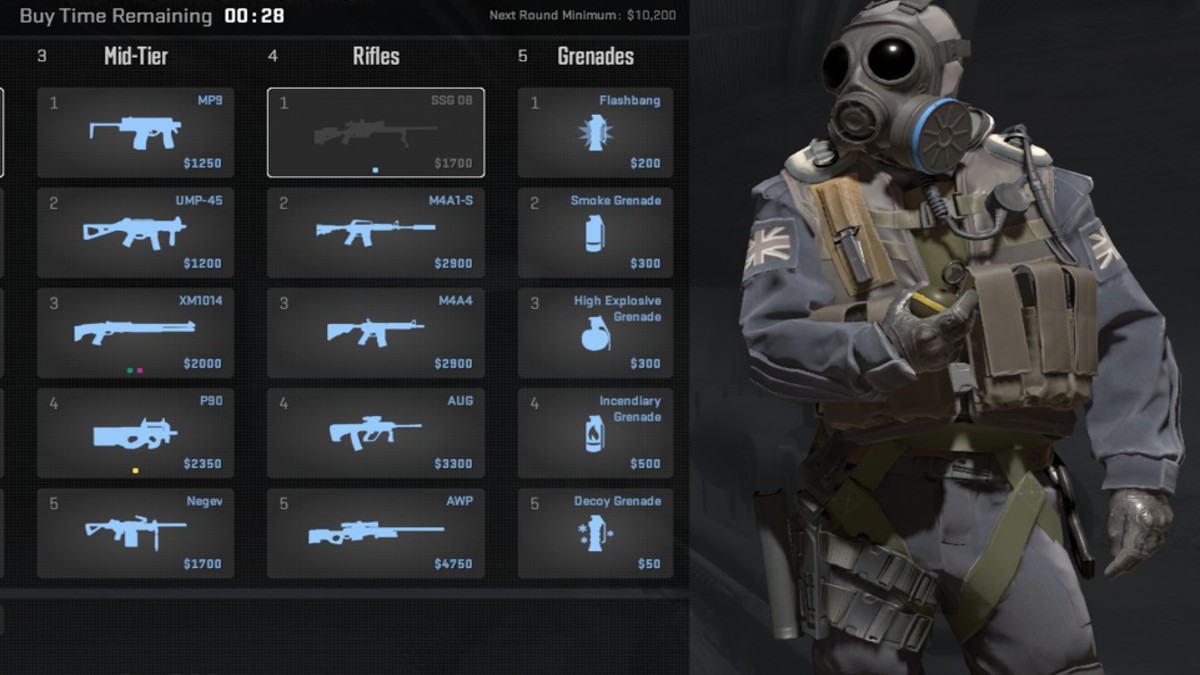
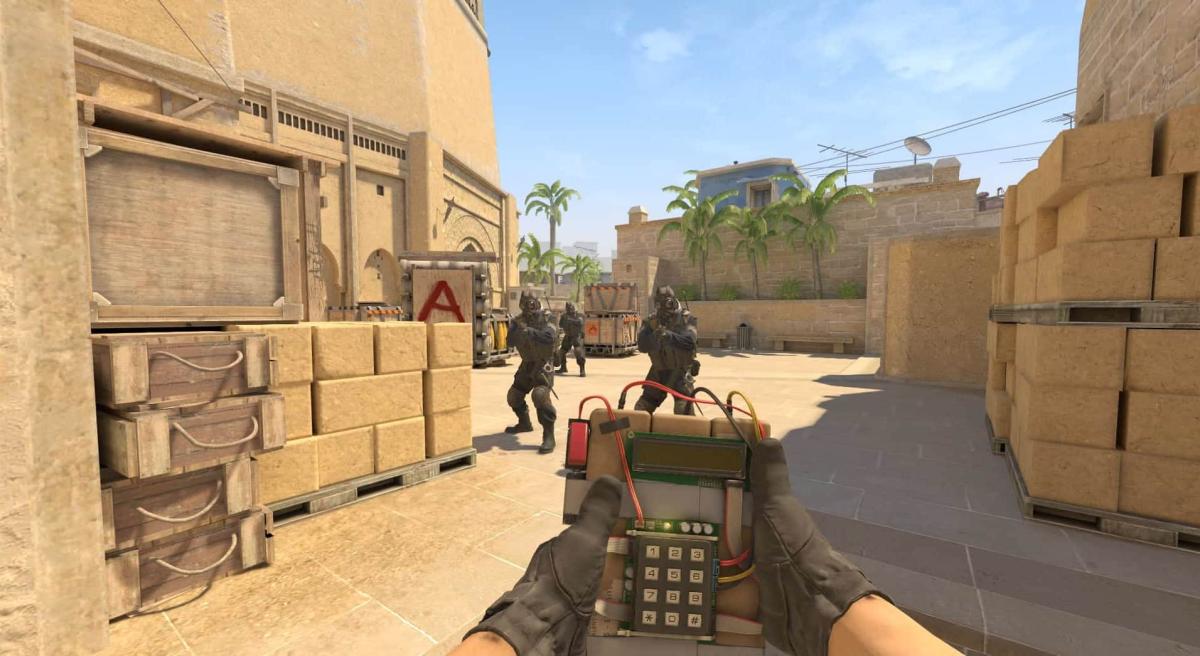
Published: Jan 29, 2017 02:02 pm